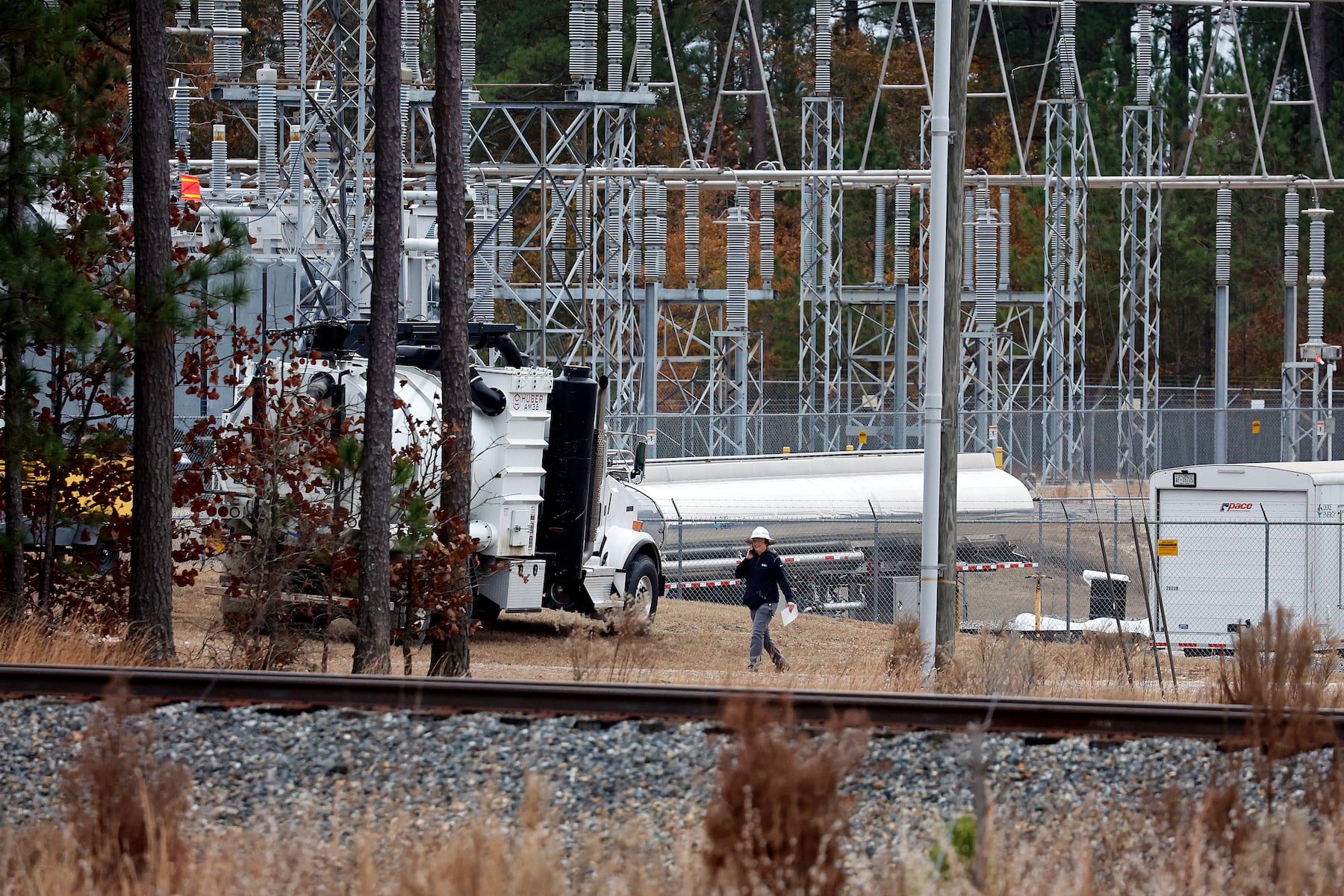A growing chorus of critics is raising serious concerns about PJM, the entity responsible for managing the intricate flow of electricity across a vast 13-state region, including Ohio. As residents grapple with ever-increasing utility expenses, the calls for greater oversight and fundamental changes to the regional power grid have intensified, highlighting a significant point of contention for both consumers and state leadership.
Nine state governors have formally demanded substantial modifications to PJM’s operations, emphasizing a critical need for enhanced transparency in its decision-making processes. Furthermore, these leaders are pushing for a direct say in the appointment of two vacant seats on PJM’s influential board, signaling a desire for more regional control and accountability over the vital energy infrastructure.
The discontent extends beyond mere demands for transparency; legislative action is already underway in some states. New Jersey lawmakers, for instance, have introduced a bill to explore the drastic measure of completely withdrawing from the grid operator. While Ohio has not pursued such an extreme step, State House Speaker Matt Huffman has openly voiced his apprehensions, questioning PJM’s continued efficacy and whether it genuinely serves the best interests of Ohioans.
These discussions unfold against a backdrop of tangible financial strain on Ohio households. The average electric bill for residents this month stands a notable $32 higher than it was in July 2015, according to analyses of state utility rate survey data. This consistent upward trend in costs is prompting widespread public concern and calls for explanations from energy providers and regulators alike.
Several contributing factors are cited for this significant jump in electricity prices. These include the rapid development of new, power-intensive data centers, which place increased demand on the existing grid. Additionally, a government backlog in approving new power plants, particularly those relying on renewable energy sources, exacerbates the issue as older, less efficient fossil-fuel plants are phased out, creating a supply-demand imbalance.
In other significant state news, Ohio’s Attorney General Dave Yost has filed a new lawsuit alleging serious misconduct by the founder of a now-defunct Findlay nonprofit. Pawsible Angels Inc., which purported to assist disabled Ohioans in obtaining service dogs, is accused of diverting charitable donations for personal enrichment, including rent, piano lessons, and dating services, rather than fulfilling its stated mission.
The lawsuit, filed in Franklin County Common Pleas Court, specifically targets Pawsible Angels Inc. and its former executive director, Michele S. Frank. The charges claim that substantial donations intended for a noble cause were illicitly used to cover Frank’s personal expenses. In response to the allegations, Frank asserted to cleveland.com, “I ask that the public remember that there are two sides to every story, and that the truth will come out in court,” maintaining her innocence.
Meanwhile, in the realm of political finance, the primary political action committee supporting presidential hopeful Vivek Ramaswamy’s campaign, Victors Not Victims, reported an impressive $16.8 million in fundraising during the first half of 2025. This substantial sum underscores the significant financial backing behind emerging political figures and their campaigns.
A notable contribution to Ramaswamy’s PAC includes a $10 million donation from Jeff Yass, a Philadelphia-area billionaire and prominent Republican megadonor. Yass has a history of contributing to political campaigns, notably backing primary opponents of Ohio House GOP candidates who supported then-Speaker Jason Stephens, demonstrating his influence in state-level politics. This substantial donation has been likened to the significant contributions made in 2021 by PayPal founder Peter Thiel, which notably aided in electing J.D. Vance to the U.S. Senate in 2022, underscoring the impact of major financial players in contemporary elections.






Leave a Reply